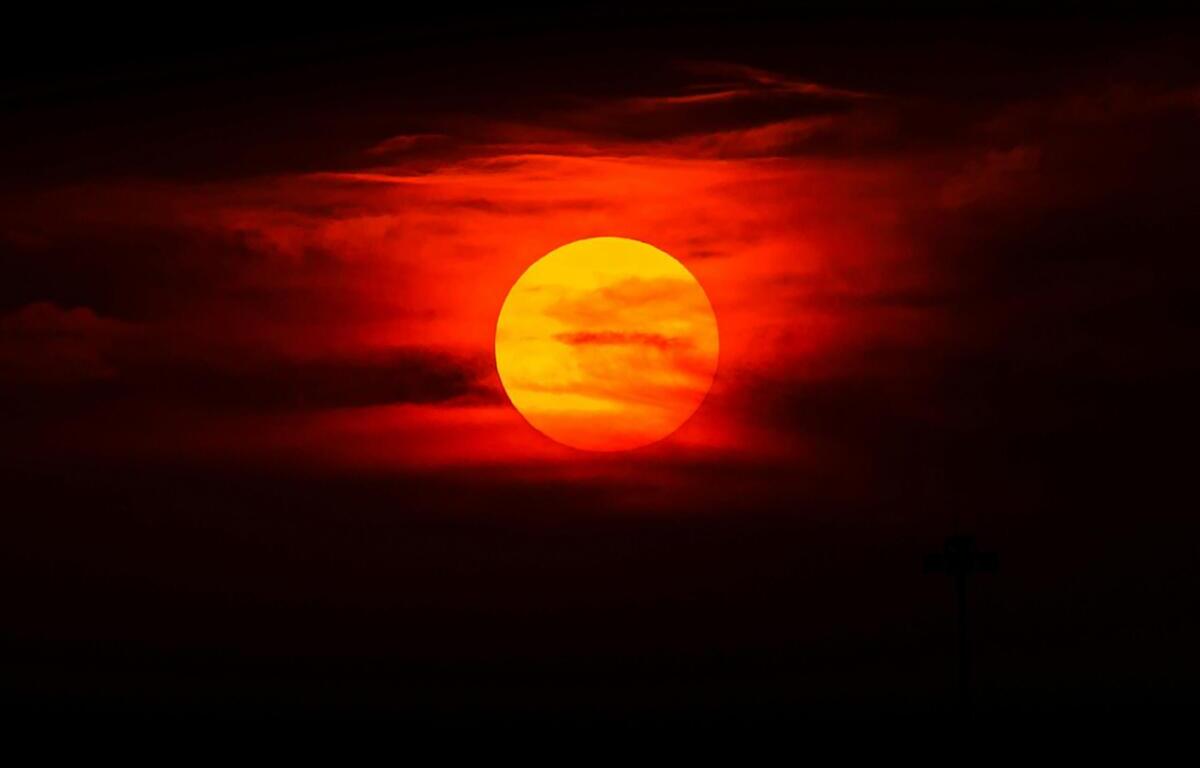CHARLOTTESVILLE, VA (CVILLE RIGHT NOW) – The heat index could reach 105 on Friday. To help people beat the head, Charlottesville and Albemarle County will have cooling centers open Friday through Sunday.
In Albemarle, the Yancey Community Center and the Greenwood Community Center will be open Friday through Sunday from 9 a.m. to 6 p.m.
Days and time vary in the city:
- The Key Rec Center is open noon-to-11pm Friday and 1-to-6pm Saturday and Sunday.
- Tonsler Rec Center is open noon to 8pm Friday and noon-to-6pm Saturday, but closed Sunday.
- The downtown JMRL is open 9am-to-5pm Friday and Saturday, and closed Sunday.
- The Haven is open 7am-to-noon, then 1pm-to-5pm Friday, and 7am-to-noon Saturday and Sunday.
- The Salvation Army on Ridge Street is open 10am-to-3pm every day.
The UVA libraries will also be open.
- Charles L. Brown Science & Engineering Library (291 McCormick Road) open 9 AM – 6 PM Friday, 1 PM – 5 PM Saturday, and 1 PM – 8 PM Sunday.
- Clemons Library (164 McCormick Road) open 9 AM – 6 PM Friday, 1 PM – 5 PM Saturday, and 1 PM – 8 PM Sunday.
- Harrison Institute/Small Special Collections Library (170 McCormick Road) open 9 AM – 5 PM Friday, 12 PM – 4 PM Saturday, and closed Sunday.
- The Edgar Shannon Library (160 McCormick Road) open 9 AM – 6 PM Friday, 1 PM – 5 PM Saturday, and 1 PM – 8 PM Sunday.
Visit https://library.virginia.edu/hours for additional information about the UVA libraries.
In Albemarle:
- Yancey Community Center at 7625 Porters Road in Esmont.
- Greenwood Community Center at 865 Greenwood Road in Crozet.
They are open Friday and Saturday 9AM-6PM, but closed Sunday.
Stay indoors and, if possible, stay in an air-conditioned environment. If your home does not have air conditioning, go to a recreation center or public library–even a few hours spent in air conditioning can help your body stay cooler when you go back into the heat.
The City of Charlottesville also strongly urges the public to stay informed on heat safety to prevent heat-related illnesses. The following are warning signs of illnesses that are commonly seen in extreme high temperatures:
Heat Cramps – Symptoms of heat cramps include muscle cramps and pains that most often occur in the legs or abdomen, very heavy sweating, fatigue and thirst.
Heat Exhaustion – Symptoms of heat exhaustion include headache, dizziness and light-headedness, weakness, nausea and vomiting, cool, moist skin, and dark urine.
Heat Stroke – Symptoms of heat stroke include fever (temperature above 104 °F), irrational behavior, extreme confusion, dry, hot, and red skin, rapid or shallow breathing, rapid or weak pulse, seizures, and unconsciousness.
If you think a person may have a heat illness or heat-related emergency:
- Have the person lie down in a cool place.
- Apply cool, wet cloths (or cool water directly) to the person’s skin and use a fan to lower body temperature. Place cold compresses on the person’s neck, groin, and armpits.
- If alert, give the person water or a sports drink to sip.
- For muscle cramps, give beverages as noted above and massage affected muscles gently, but firmly, until they relax.
- If the person shows signs of shock (bluish lips and fingernails and decreased alertness), starts having seizures, or loses consciousness, call 911 and give first aid as needed.
Although anyone at any time can suffer from a heat-related illness, some groups are at greater susceptibility. Check regularly on:
- Infants and young children
- People aged 65 or older
- Those who are physically ill, especially with heart disease or high blood pressure
If you must be out in the heat:
- Limit your outdoor activity to morning and evening hours.
- Cut down on exercise. If you must exercise, drink two to four glasses of cool, nonalcoholic fluids each hour. A sports beverage can replace the salt and minerals you lose in sweat. Warning: If you are on a low-salt diet, talk with your doctor before drinking a sports beverage.
- Try to rest often in shady areas.
- Wear a wide-brimmed hat, sunglasses, and sunscreen of SPF 15 or higher (be sure to reapply sunscreen every two hours).
- Drink more fluids (nonalcoholic), regardless of your activity level. Don’t wait until you’re thirsty to drink. Warning: If your doctor generally limits the amount of fluid you drink or has you on water pills, ask them how much you should drink while the weather is hot.
- Avoid liquids that contain alcohol or large amounts of sugar – these cause you to lose more body fluid. Avoid very cold drinks, because they can cause stomach cramps.
- Wear lightweight, light-colored, loose-fitting clothing.
- NEVER leave anyone in a closed, parked vehicle.
Read more on heat safety and heat-related illness prevention on the Center for Disease Control’s website (link).



